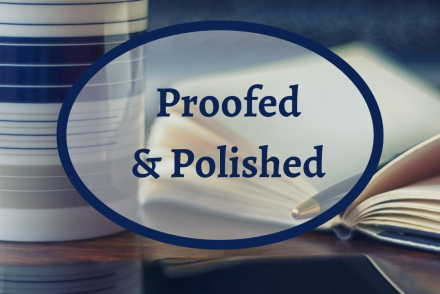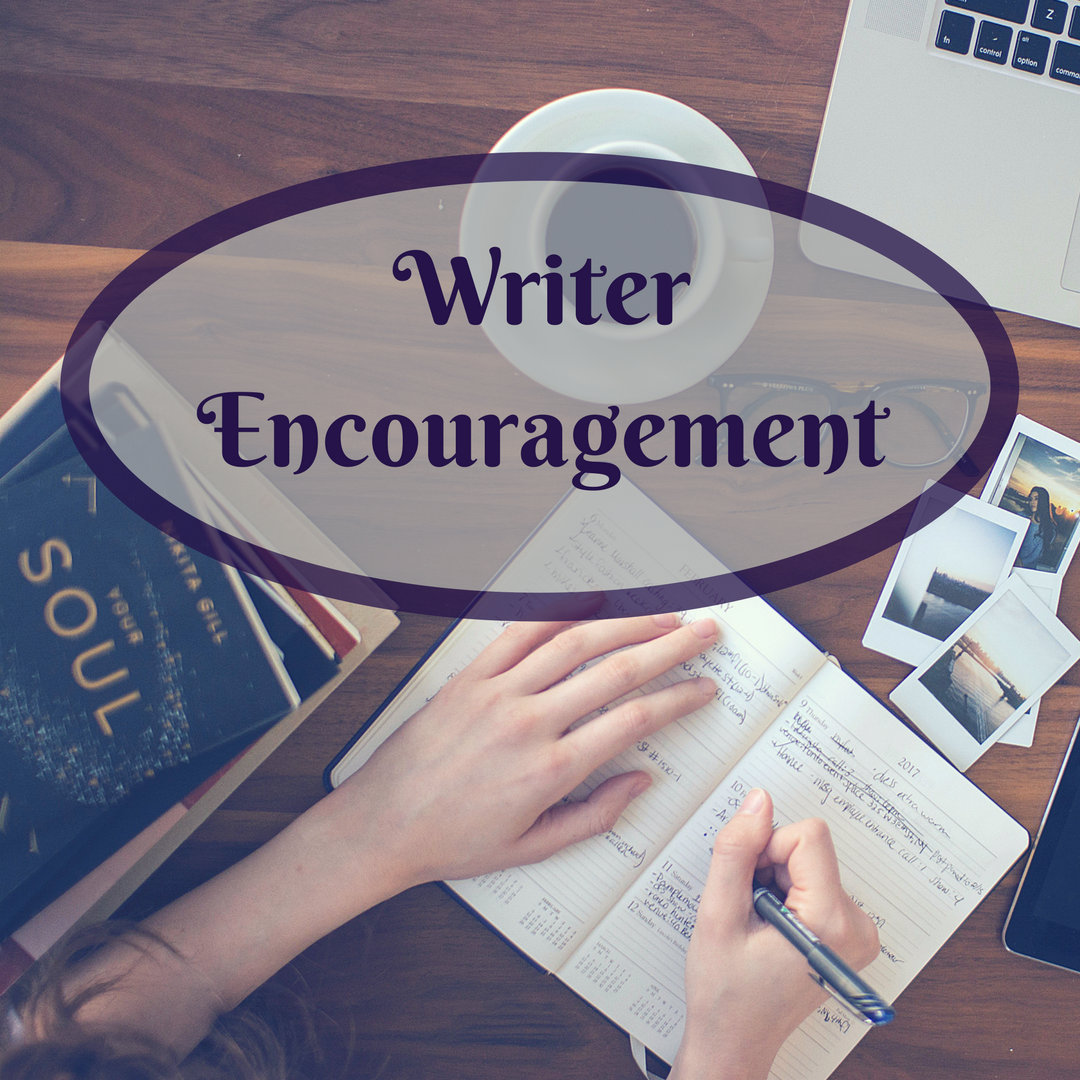
Proofed and Polished
Common Mistakes I See When Proofreading: Vocabulary, Part 3
Let’s talk about contractions. I mentioned them last month in the context of using apostrophes correctly. Some words that…
September 10, 2021
Let’s talk about contractions. I mentioned them last month in the context of using apostrophes correctly. Some words that…
September 10, 2021
To Hyphenate or Not to Hyphenate… How do you feel about hyphens? Do you use them a lot? Never?…
November 10, 2020
Increasing your vocabulary may sound like a “roll your eyes” suggestion. After all, you’ve been reading and writing English…
February 11, 2019
In anticipation of the upcoming presidential election cycle, prepare to hear some unsavory comments, even name-calling among candidates. Here’s…
July 22, 2017